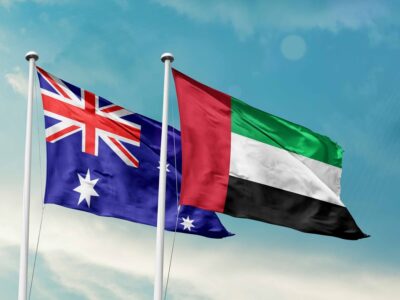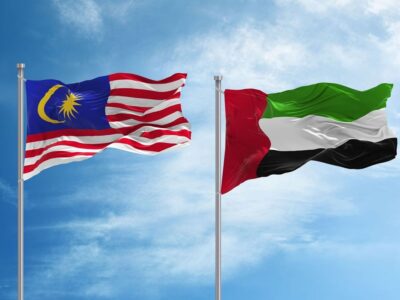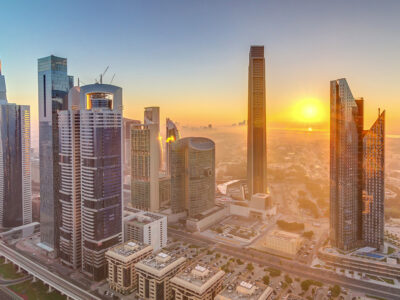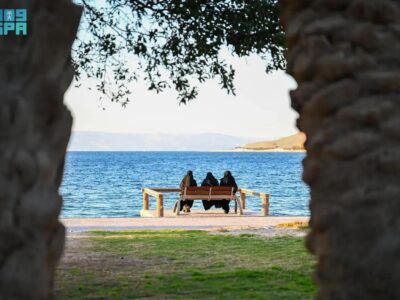Optimism among the region’s CEOs is on the rise with Expo 2020, the upcoming World Cup in Qatar, the strong vaccine rollout, commodity prices, rising consumer demand and strengthening fiscal positions all putting a spring in bosses’ steps as they look ahead to 2022.
So say Middle East findings contained within the 25th CEO Survey by global professional services giant PwC in its annual sentiment snapshot of boardroom.
For its annual global survey, PwC surveyed thousands of CEOs in 89 countries and territories in October and November of 2021. The findings from the Middle East CEOs, revealed today, painted a rosier picture than last year with more than 8 out of 10 CEOs feeling the confidence, higher than the global average, and up 10 per cent on the year before.
Indeed, nearly two-thirds of bosses in the region (64 per cent) are either ‘extremely or very confident about their company’s revenue growth prospects in 2022’, markedly higher than the global survey average of 56 per cent.
Hani Ashkar, Middle East senior partner, PwC Middle East, told Arabian Business: “In last year’s survey, we noticed that there was increasing optimism across CEOs and that trend towards more optimism has increased this year. This is particularly so in this region where we see two-thirds of the CEOs surveyed very confident around the prospects, and they’ve singled out a few things.
“We see a focus around digital transformation with more than half the CEOs having a big digital transformation project, or they are investing in doing so.

“Egypt is an important investment area, followed by Saudi Arabia and the UAE; these are the regional markets which CEOs are quite bullish about.
“The risks that came through from the survey were around cyber risk, and we were quite surprised that cyber featured highest on the list, followed by geopolitical risk or geopolitical conflict in our region, then the health risks including the pandemic.
“Overall, there is more confidence, CEOs are looking to invest, looking to grow, doing digital transformation, and getting back to developing leadership and upskilling employees, both of which have taken a backseat for a couple of years, but now are back in force.”
The CEO Survey top level findings:
Strong short-term optimism among Middle East CEOs
CEOs in the region, according to the survey, remain quite optimistic about their near-term economic prospects.
- Middle East CEOs are more optimistic about global economic growth over the next 12 months – 82 per cent believe growth will improve compared to 72 per cent last year
- 64 per cent of Middle East CEOs are extremely or very confident about their company’s prospects for revenue growth over the next 12 months
- Egypt (29 per cent) and Saudi Arabia (27 per cent) continue to be the top regional growth markets for Middle East CEOs followed by the UAE (18 percent)
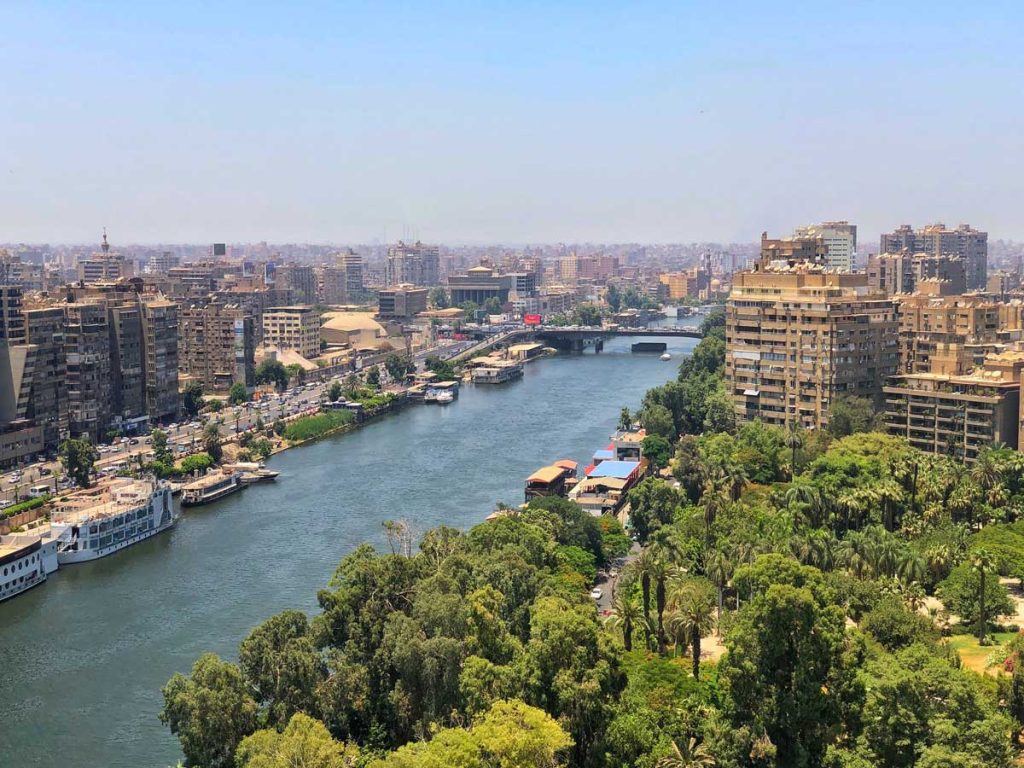
Cyber risks are on the rise amid digital transformation
CEOs’ near-term worries, the research revealed, are primarily about potential revenue disruptions.
- The top threats on CEOs’ minds are cybersecurity, geopolitical conflict, macro volatility and health risks
- Middle East CEOs are primarily concerned about the potential for these threats to disrupt revenue growth plus hiring and retaining talent
- CEOs also worry that cyber risks could inhibit their ability to innovate over the next 12 months
Investing in new technologies, leadership skills and people development key to sustainable growth
CEOs are reviewing their priorities for the next three years, as the Middle East returns to growth, and the region’s transformation accelerates.
- 52 per cent of Middle East CEOs plan double digit investments in digital transformation, 46 per cent in leadership and talent development and 39 per cent in cybersecurity and data privacy
- Other priorities reflect the shift from short term COVID-19 crisis management to building long-term strategies in rapidly changing markets.
- 46 per cent plan double-digit investments in leadership and talent development, compared with 30 per cent last year.
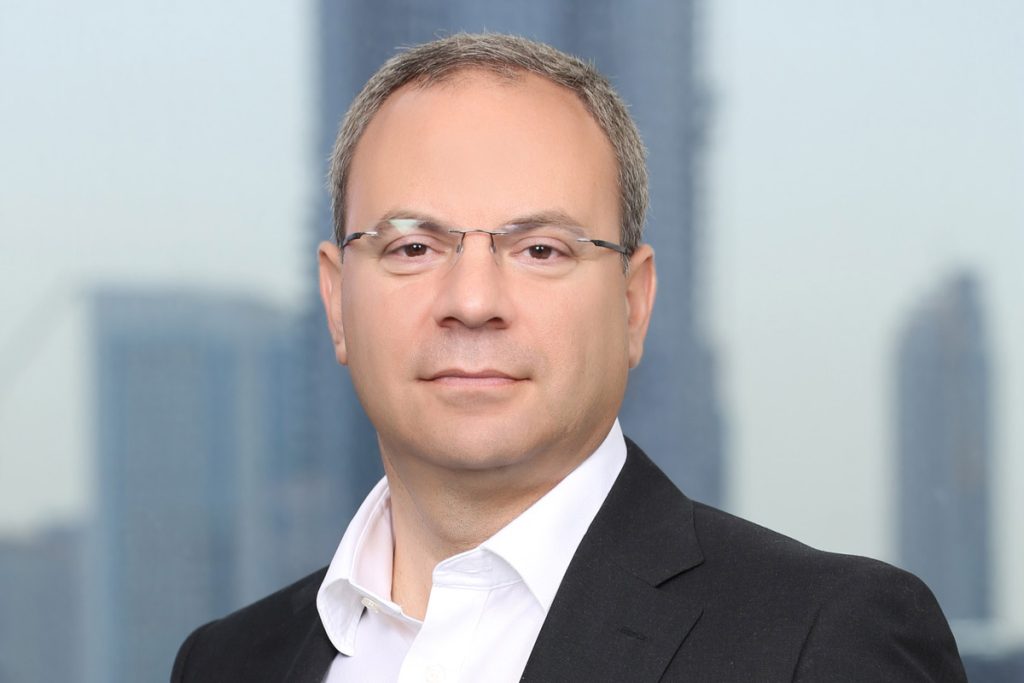
Climate change and equality ‒ CEOs in the region have a long way to go
Rapid, business-driven progress against climate goals seems unlikely without system-wide change.
- Only 14 per cent of Middle East CEOs say greenhouse gas (GHG) emission targets feature in their long-term corporate strategies and just 5 per cent have made net-zero commitments
- Only 5 per cent have GHG in their bonus and incentive plans.
- Only a minority of CEOs say gender (29 per cent) and race and ethnicity representation rates (14 per cent) are included in their long-term corporate strategies, significantly lower than the global average.
The report called out this lacklustre response to ESG, saying: “We believe this lack of focus regarding climate change is unsustainable, given the undertakings made by Middle East governments at last November’s COP26 conference in Glasgow, and national transformation programmes to reduce energy dependency.”
Hani Ashkar underlined the findings, saying “We asked about ESG, it did not feature heavily on people’s radar screens.
“We were a little bit surprised by that,” said the PwC Middle East senior partner. “We’re talking about the climate, we are talking about the energy transformation, we’re talking about diversity as well.
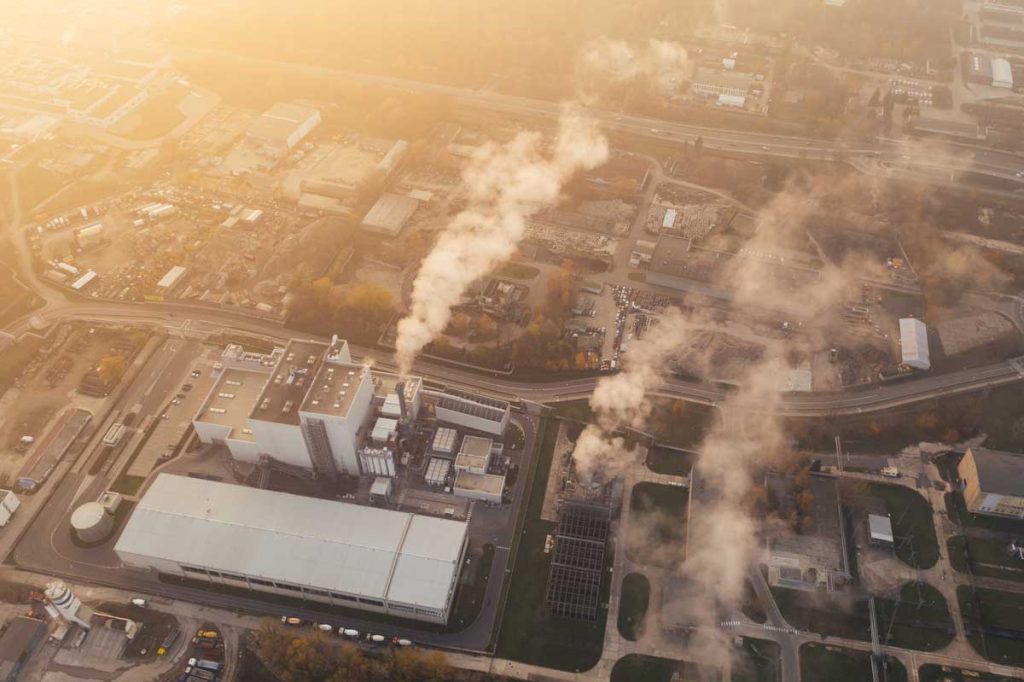
“It didn’t feature as heavily as we would have thought, not as heavily as it did across the rest of the world as well. So we probably took that to mean that our CEOs in the region a little bit behind on ESG, only 5 five per cent had a net-zero commitment. We at PwC, have our own net-zero commitment for 2030, and we’ve seen that it’s actually quite challenging to get there. It means a lot of changes to our business model and how we operate, and so we expected that to feature more heavily.”
Away from ESG, Ashkar said the region was more optimistic than the global average for a number of reasons.
He said: “We’re in the midst of a lot of change and I think the energy prices added a bit of confidence to help people out, plus the handling of the pandemic. There’s a bit of a catch up element in terms of investments. I think the fundamentals are good for a region that is growing, that needs to transform digitally, and that is undergoing a major energy transition. Those underpin the visions that we’re seeing as well, such as Saudi Arabia’s Vision 2030 and the UAE’s drive to be more competitive.
“I am pleased to see that regional business leaders share my confidence that renewed growth lies ahead. CEOs who have built trust with their customers, people and wider stakeholders through the pandemic are in a very strong position. These business leaders are now looking beyond COVID-19 with a focus on delivering sustained outcomes.
“Recognising that our region is transforming at speed, CEOs are channeling their energy towards a growth agenda, new business models, customer experiences and organisational efficiencies facilitated by cloud computing and digital tools. Meanwhile, they are upskilling their workforces and developing tomorrow’s leaders.”
